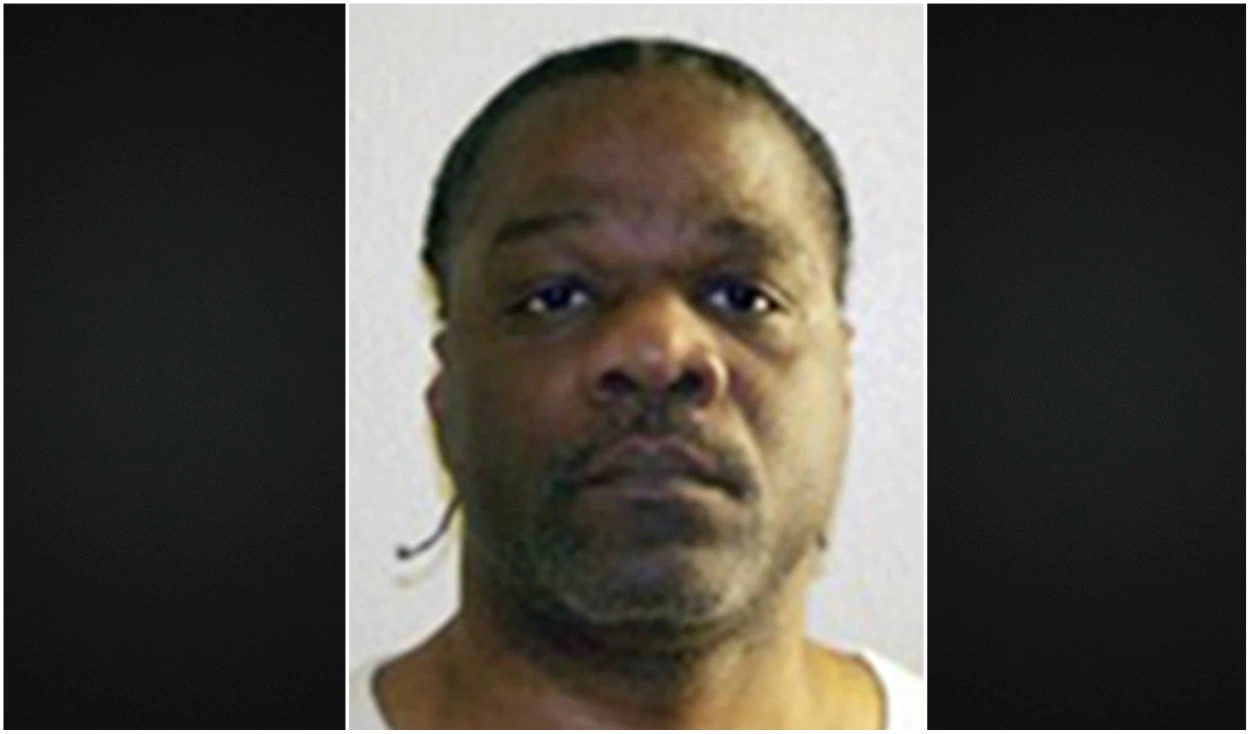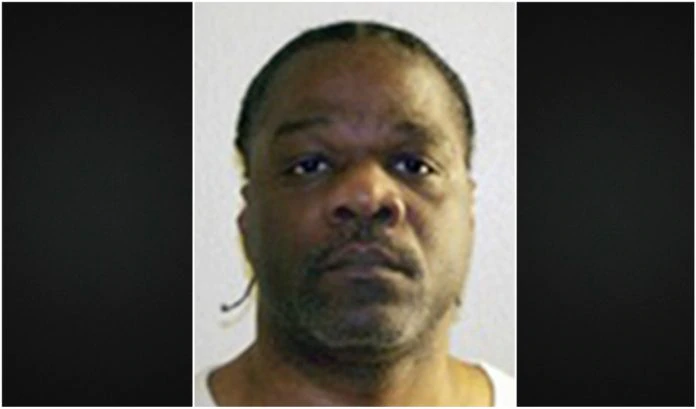[ad_1]
LITTLE ROCK, Ark. (AP) — Two groups sued a central Arkansas city on Thursday seeking the release of evidence they say could exonerate an inmate who was executed nearly three years ago.
The American Civil Liberties Union and the Innocence Project asked a state judge to order Jacksonville authorities to release fingerprint tests and DNA evidence they say supports claims that Ledell Lee was innocent of the 1993 murder of Debra Reese. The groups filed the lawsuit on behalf of Patricia Young, Lee’s sister.
READ MORE: Coroner says 2 new Mississippi inmate deaths were from beating
“We just want to know the truth,” Young said at a news conference. “If science can get to the truth, we hope the court will allow the testing so justice can be found.”
Twenty-one death row inmates have been exonerated since the early 1990s through DNA evidence. If Lee is ultimately cleared, he could be the first person who has been executed to later be proven innocent with DNA and fingerprint evidence, the Innocence Project said.
Jacksonville’s attorney said the physical evidence is not considered a public record under Arkansas law.
“Additionally, should the city release this evidence, there is the possibility that the evidence would be destroyed, further violating evidence retention laws,” City Attorney Stephanie Friedman wrote in an email to Jacksonville’s mayor and City Council Thursday morning.
Lee was the first of four inmates Arkansas executed in April 2017 before its supply of a lethal injection drug expired. The state had originally planned to execute eight inmates, but four were spared by court rulings.
The groups submitted affidavits from forensic experts questioning other evidence that was used to convict Lee, including claims that partial shoe prints found at the scene of Reese’s murder matched Lee’s shoe size.
READ MORE: Innocent Texans spend decades in prison, await reparations
The lawsuit argues the evidence is considered a public record under the state’s Freedom of Information law. The groups said it’s in the public interest for them to released, particularly since there’s no longer an active criminal investigation.
“This is the only avenue open to the Lee family. Why not do it and find out the truth once and for all?” said John Tull, an attorney and FOI expert representing Young.
Other cases where death penalty opponents say innocent men have been executed include Cameron Todd Willingham, who was executed in Texas in 2004 for a fire that killed his children. His guilt has remained in question after his death because the arson science used to convict him had since been debunked.
Innocence Project attorneys last year lost a similar bid for DNA testing they said could have exonerated a Tennessee inmate executed in 2006, and are appealing that decision.
The groups said they’re seeking to have the DNA evidence tested at a nationally accredited laboratory at Young’s expense to upload the fingerprints to a national database.
“The time is long past overdue to answer the troubling questions raised by the flaws in the presentation of the evidence in this case,” the groups said in the lawsuit. “Whether Mr. Lee or another as-yet-uncharged person committed the murder of Debra Reese is a matter of great importance to Ms. Young and the public alike.”
Arkansas hasn’t executed any inmates since April 2017, and the state’s supply of lethal injection drugs has expired. A federal judge is considering a lawsuit challenging the state’s use of the sedative midazolam in its lethal injection process.
[ad_2]
Source link


